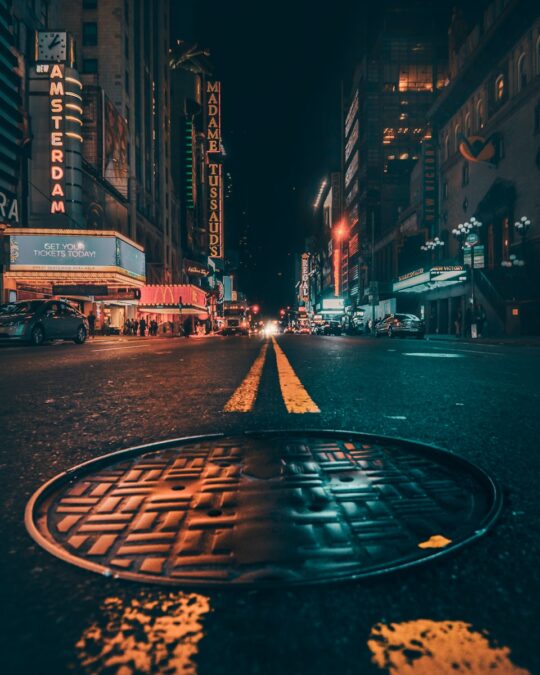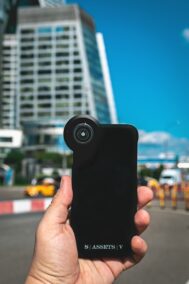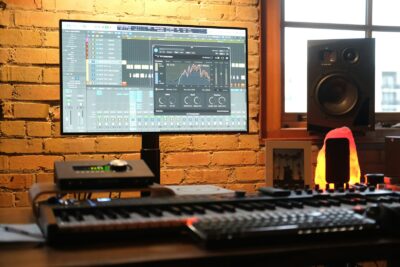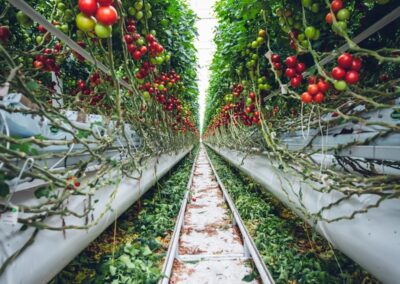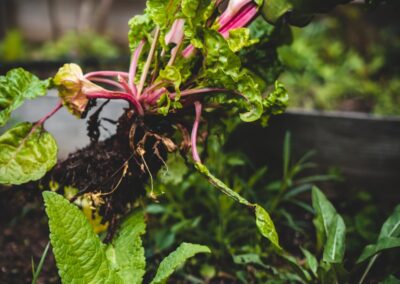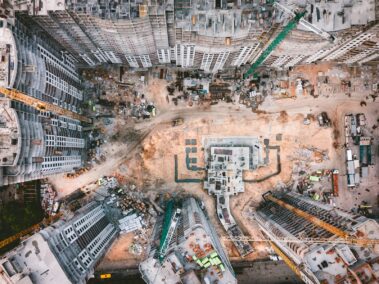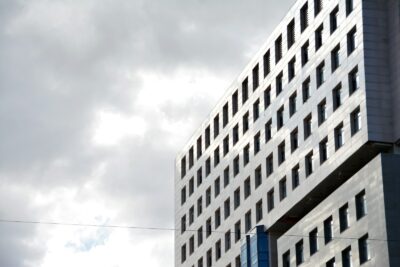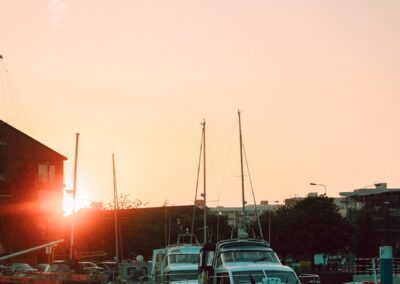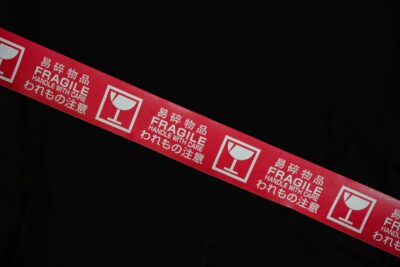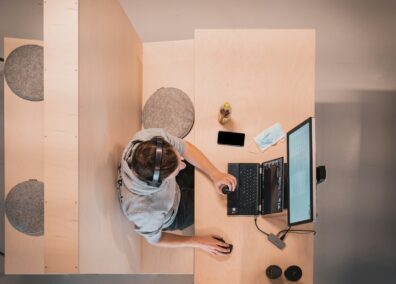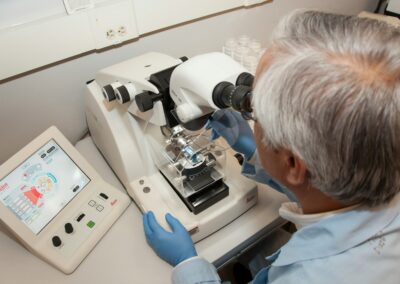Sustainable Urban Planning Practices: A Path to Greener and Smarter Cities
Embracing Mixed-Use Developments for Sustainable Urban Growth
The adoption of sustainable urban planning practices is essential for reducing the environmental impact of buildings and promoting the development of sustainable communities. One of the key strategies in sustainable urban planning is the implementation of mixed-use developments. These developments integrate residential, commercial, and recreational spaces within a single area, reducing the need for long commutes and promoting a more efficient use of land and resources. In Saudi Arabia and the UAE, mixed-use developments are gaining traction as a means to create vibrant, sustainable urban environments.
In Riyadh, the capital city of Saudi Arabia, mixed-use developments are being integrated into the city’s urban planning framework. These developments aim to create self-sufficient neighborhoods where residents can live, work, and play without the need for extensive travel. By combining various functions within a single development, Riyadh is reducing traffic congestion and lowering greenhouse gas emissions. This approach not only enhances the quality of life for residents but also supports the city’s broader environmental goals.
Dubai, known for its innovative urban planning, is also a leader in the adoption of mixed-use developments. The city’s strategic focus on sustainability is reflected in projects like the Dubai Creek Harbour, which combines residential, commercial, and leisure spaces within a single development. This integrated approach minimizes the environmental footprint of urban expansion and promotes a more sustainable and efficient use of resources. By fostering a sense of community and reducing the reliance on private vehicles, mixed-use developments in Dubai are setting new standards for sustainable urban growth.
Moreover, mixed-use developments contribute to the economic vitality of cities by creating diverse and vibrant neighborhoods. These areas attract businesses and residents alike, driving economic growth and fostering a dynamic urban environment. The integration of green spaces, public transportation, and sustainable building practices further enhances the environmental and social benefits of mixed-use developments. In both Riyadh and Dubai, the commitment to mixed-use urban planning is paving the way for more sustainable and resilient cities.
Implementing Transit-Oriented Design for Efficient Mobility
Transit-oriented design (TOD) is another crucial element of sustainable urban planning, focusing on the development of communities around public transportation hubs. By prioritizing access to public transit, TOD reduces the reliance on private vehicles, decreases traffic congestion, and lowers greenhouse gas emissions. In Saudi Arabia and the UAE, the implementation of transit-oriented design is transforming urban mobility and promoting more sustainable and livable cities.
In Riyadh, the development of the Riyadh Metro is a testament to the city’s commitment to transit-oriented design. This extensive public transportation network is designed to connect key areas of the city, making it easier for residents to access jobs, education, and services without relying on private cars. The integration of residential and commercial developments around metro stations encourages the use of public transit and supports the city’s goals of reducing traffic congestion and improving air quality. By focusing on TOD, Riyadh is enhancing urban mobility and promoting a more sustainable urban environment.
Dubai’s approach to transit-oriented design is equally impressive. The city’s efficient public transportation system, including the Dubai Metro and extensive bus network, is complemented by the development of TOD projects. These projects create high-density, mixed-use communities around transit hubs, making it convenient for residents to live, work, and shop within walking distance of public transportation. This approach reduces the need for long commutes, lowers carbon emissions, and supports the city’s sustainability objectives. By prioritizing TOD, Dubai is creating more connected and sustainable urban spaces.
Furthermore, transit-oriented design promotes social inclusion and equity by providing accessible and affordable transportation options for all residents. By ensuring that public transit is integrated into urban planning, cities can create more equitable communities where everyone has access to essential services and opportunities. In Saudi Arabia and the UAE, the focus on TOD is not only enhancing urban mobility but also fostering a more inclusive and sustainable urban future.
Leveraging Modern Technology for Sustainable Urban Planning
The integration of modern technology is revolutionizing sustainable urban planning, making it possible to design and manage cities more efficiently and sustainably. In Saudi Arabia and the UAE, technologies such as artificial intelligence (AI), blockchain, and the Internet of Things (IoT) are being leveraged to enhance urban planning practices and support the development of smart, sustainable cities.
In Riyadh, AI-driven analytics are being used to optimize urban planning and design. AI algorithms analyze vast amounts of data on traffic patterns, energy use, and environmental impact, providing insights that help planners make informed decisions. By leveraging AI, Riyadh can design more efficient transportation networks, optimize resource use, and reduce the environmental impact of urban development. This data-driven approach to urban planning is essential for creating sustainable and resilient cities.
Dubai is also at the forefront of using blockchain technology to enhance transparency and efficiency in urban planning. Blockchain provides a secure and transparent platform for recording and sharing data related to urban development projects. This transparency ensures that all stakeholders, including government agencies, developers, and residents, have access to accurate and reliable information. By leveraging blockchain, Dubai is promoting accountability and trust in the urban planning process, supporting sustainable development goals.
Moreover, the integration of IoT devices in urban infrastructure is improving the management and efficiency of city services. IoT sensors provide real-time data on various aspects of urban life, including air quality, energy consumption, and water use. This data is used to optimize the performance of city services, reduce waste, and enhance the quality of life for residents. In both Riyadh and Dubai, the adoption of IoT technology is supporting the development of smart, sustainable cities that can adapt to changing needs and challenges.
Conclusion: The Future of Sustainable Urban Planning
In conclusion, the development of sustainable urban planning practices, such as mixed-use developments and transit-oriented design, is essential for reducing the environmental impact of buildings and promoting sustainable communities. By integrating advanced technologies like AI, blockchain, and IoT, cities in Saudi Arabia and the UAE are enhancing their urban planning practices and creating smarter, greener urban environments.
In Riyadh and Dubai, the commitment to sustainable urban planning is driving innovation and setting new standards for urban development. The focus on mixed-use developments and transit-oriented design is creating more efficient, connected, and sustainable urban spaces. These practices not only reduce the environmental footprint of urban expansion but also enhance the quality of life for residents and support economic growth.
By leveraging modern technology, cities can optimize their urban planning processes and ensure that they are resilient and adaptable to future challenges. The integration of AI, blockchain, and IoT in urban planning is providing the tools needed to create more sustainable and livable cities. The commitment to innovation and sustainability in Saudi Arabia and the UAE serves as a model for other countries, demonstrating the power of technology and collaboration in achieving sustainable urban development.
The ongoing efforts to implement sustainable urban planning practices will play a significant role in shaping the future of cities. By continuing to invest in advanced technologies and fostering collaboration among all stakeholders, cities in Saudi Arabia and the UAE can enhance their environmental performance and contribute to a more sustainable and resilient world. The future of sustainable urban planning is bright, promising new opportunities for creating greener, smarter, and more sustainable communities.
—
#SustainableUrbanPlanningPractices, #SustainableUrbanPlanning, #MixedUseDevelopments, #TransitOrientedDesign, #EnvironmentalImpact, #SustainableCommunities, #SaudiArabia, #UAE, #Riyadh, #Dubai, #ArtificialIntelligence, #Blockchain, #ModernTechnology, #BusinessSuccess, #Leadership, #ManagementSkills, #ProjectManagement

